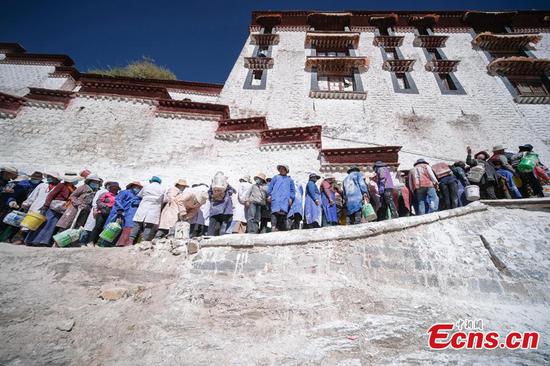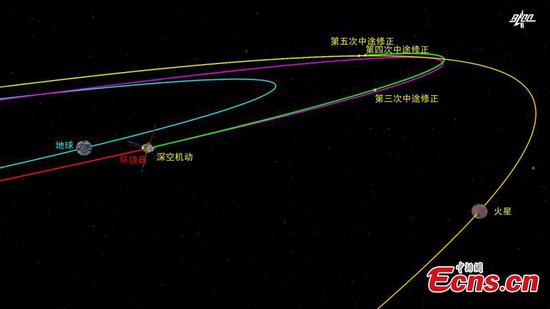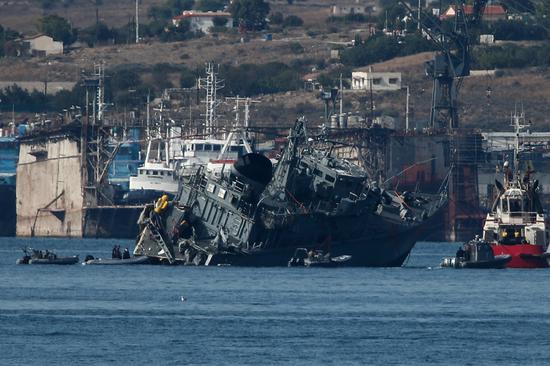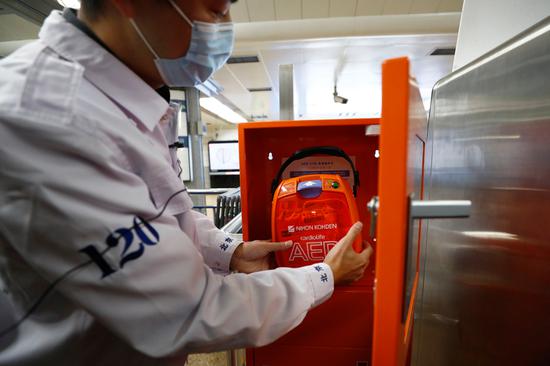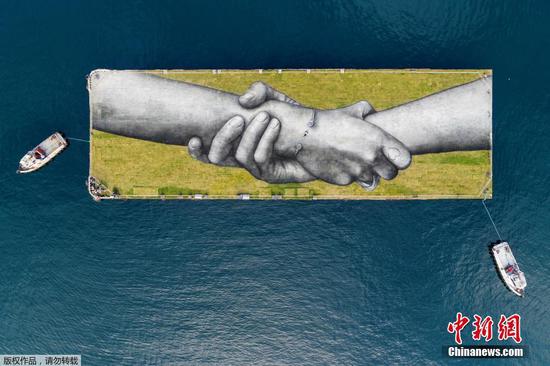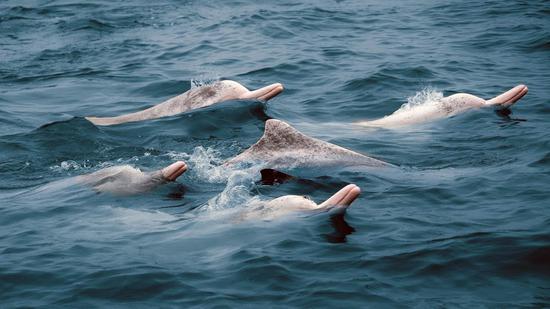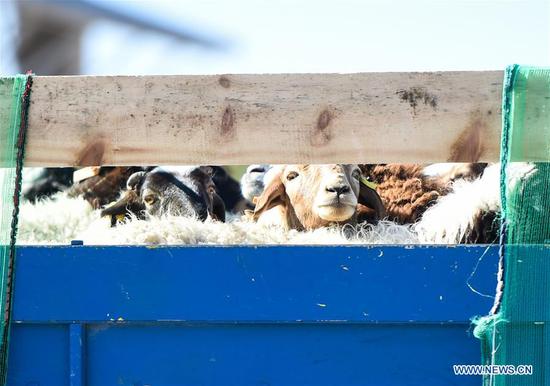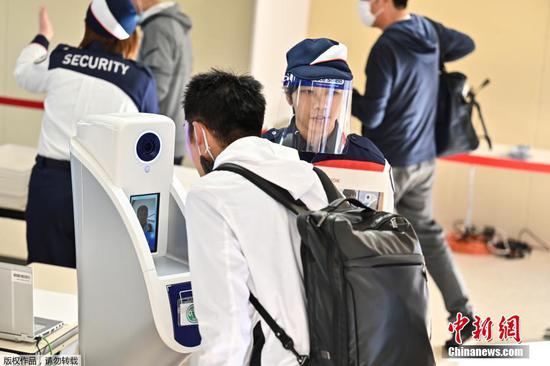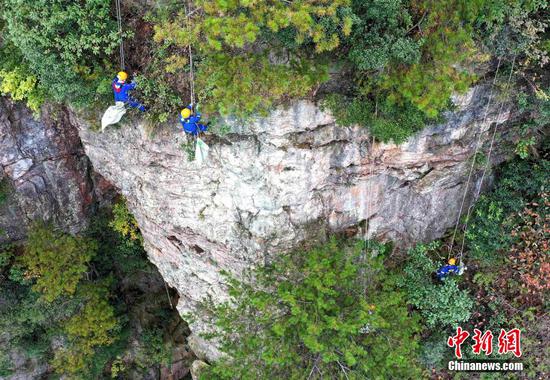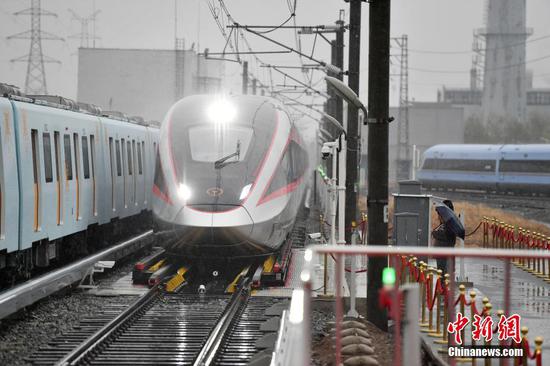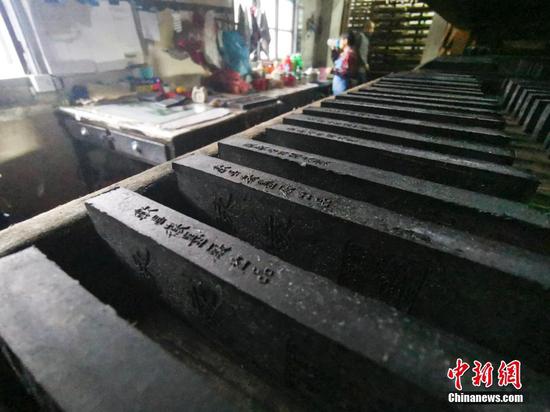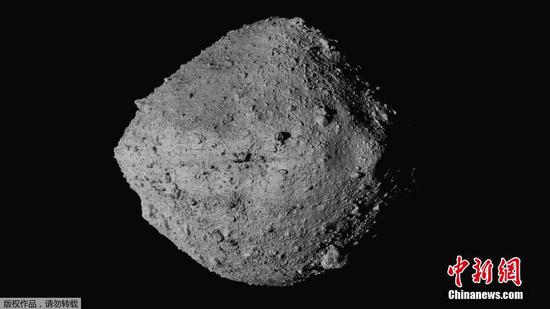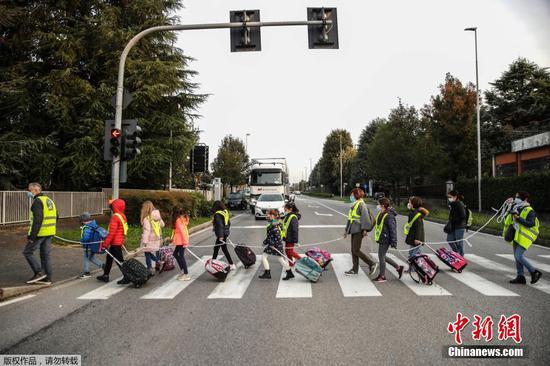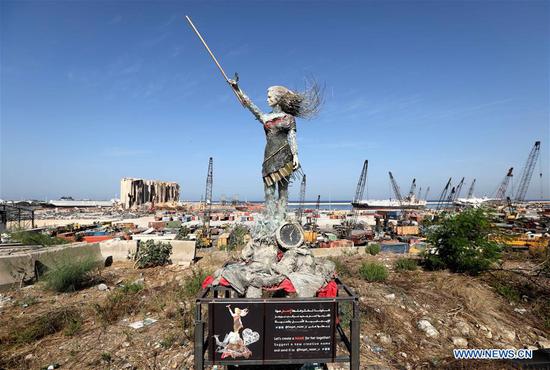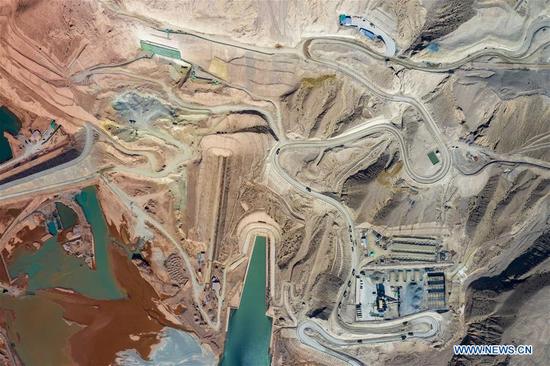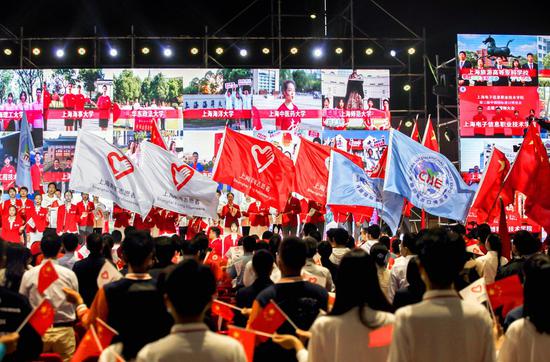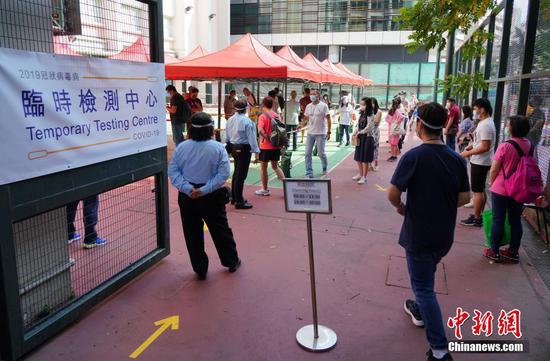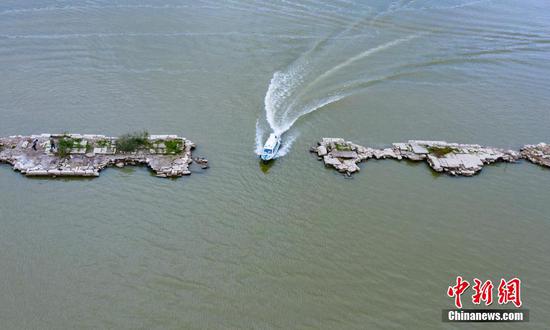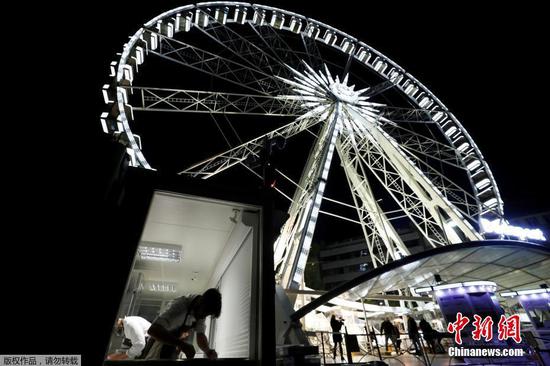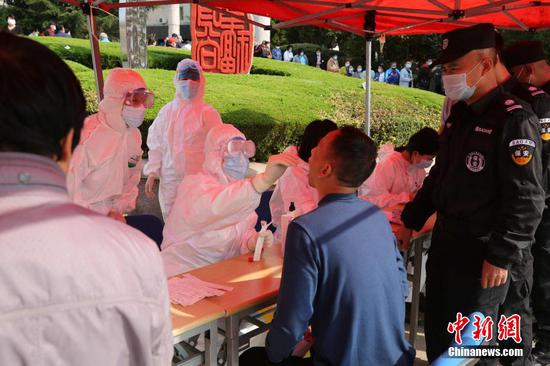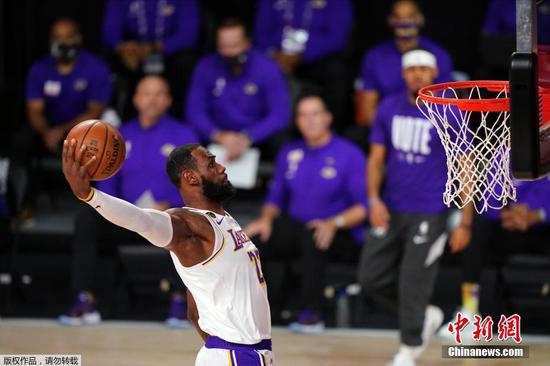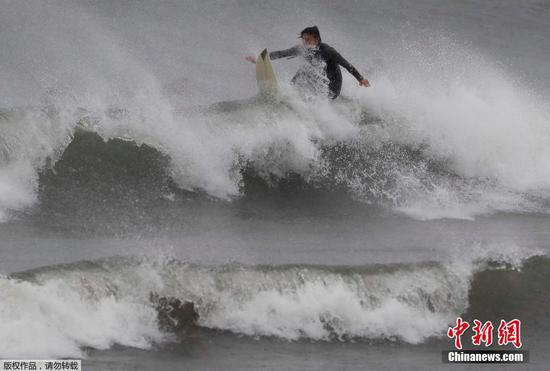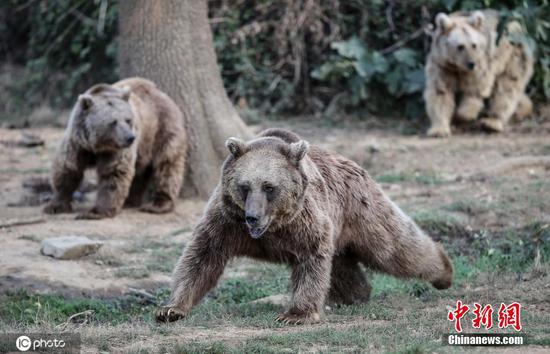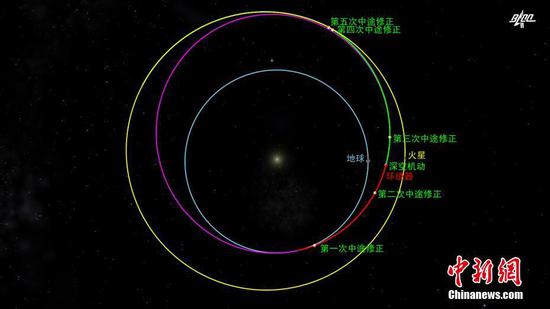With China's economy on the rebound, demand for air travel in the world's second-largest economy also is taking off. One U.S. company that stands to benefit from that recovery, aircraft maker Boeing, could have jeopardized its participation due to a planned weapons sale by its defense unit to Taiwan.
Boeing is the most vulnerable of three American companies targeted by Beijing for proposed sanctions, with China home to one of the largest fleets of Boeing planes, TS Lombard economist Rory Green told Barron's, a prominent U.S. business weekly.
China's civil aviation market is massive and growing at a rapid pace. The country has been the first to emerge from the pandemic and recently reported GDP growth of 4.9 percent in the third quarter. It is likely to be the first to resume jet purchases because it is the only major economy returning to pre-COVID-19 levels of air travel, Barron's reported.
"It isn't a market Boeing can ignore," Green said.
"To safeguard our national interests, China decided to take necessary measures and levy sanctions on U.S. companies such as Lockheed Martin, Boeing Defense, and Raytheon, and those individuals and companies who behaved badly in the process of the arms sales," Chinese Foreign Ministry spokesman Zhao Lijian said Monday.
All three companies' stocks sold off on Monday.
A spokesman for Boeing said in an emailed statement to Reuters on Monday that the company's partnership with China's aviation community had long-term benefits and that Boeing remained committed to it.
Boeing Defense, Space &Security is a division of Boeing based in Arlington, Virginia.
While any Chinese sanctions over the arms sales could be limited to Boeing's defense unit, it could make it tougher for the Chicago-based parent company to win certification in China for its grounded 737 MAX jet, according to investing website The Motley Fool. The MAX was involved in two crashes — in Indonesia and Ethiopia in 2018 and 2019 — that killed 346 people,
China had almost 100 MAX planes in operation prior to the grounding and doesn't have a timetable for allowing the jet back into the air, Feng Zhenglin, director of the Civil Aviation Administration of China, said in Beijing last week. China was the first country to ground the MAX.
"I believe China Inc is going to flex its muscles like never before in commercial matters," Jim Collins, CEO of Excelsior Capital Partners, told China Daily.
Boeing on Wednesday reported its fourth straight quarterly loss, at $1.39 per share, although it was less than forecasts of a $2.52 per share loss, according to Refinitiv data. Revenue fell 29 percent to $14.14 billion but topped analysts' estimates of $13.90 billion.
CEO David Calhoun said the company now expects to eliminate some 30,000 jobs to reach a workforce around 130,000 by the end of 2021. That is 11,000 more than previously discussed, with 7,000 extra jobs going away through increased voluntary or involuntary layoffs and the rest through attrition.
He predicted airline traffic would end the year at around 30 to 35 percent of 2019 levels, with a return to pre-pandemic levels in about three years.
The company said it still expects to win 737 MAX approval in time to resume deliveries in the fourth quarter.
Boeing shares, which closed Wednesday at $148.14, down $7.10 or 4.6 percent, have gone on a wild ride the past year due to fallout from the MAX's problems, with a 52-week range of $89 to $375.60.
Boeing has forecast that Chinese airlines will need more than 8,000 new passenger airplanes over the next 20 years, the most of any country in the world.
Raytheon Technologies, in its third-quarter earnings report on Tuesday, saw its Collins Aerospace and Pratt &Whitney divisions' segment sales drop 34 percent year over year, with Collins seeing profit drop more than 90 percent, and Pratt &Whitney reversing a year-earlier profit. Higher volumes of sales on military aircraft were more than offset by declines in the commercial arena. Pratt &Whitney supplies engines for the Boeing MAX.
Raytheon is cutting 15,000 staff and 4,000 contractor positions, largely at Pratt &Whitney and Collins Aerospace, due to decreased commercial aerospace sales from the pandemic, CEO Greg Hayes said Tuesday on the company's earnings call.
In July, Beijing announced sanctions on Lockheed Martin for selling Patriot Advanced Capability-3, or PAC-3, missile batteries to Taiwan, the company said in a filing earlier this month.
"China has not specified the nature of any such sanctions, but could seek to restrict our commercial sales or supply chain, including our supply of rare earth or other raw materials, and could also impose sanctions on our suppliers, teammates or partners," Lockheed said in the Oct 22 filing.
The latest U.S. arms package includes sensors, missiles and artillery, and further congressional notifications are expected for drones made by General Atomics and land-based Harpoon anti-ship missiles made by Boeing to serve as coastal defense cruise missiles.
The Trump administration said Monday that it has notified Congress that it backs the proposed sale of as many as 100 Harpoon Coastal Defense Systems (valued at $2.37 billion), which include 400 land-based missiles.
The move came days after the U.S. State Department approved the potential sale of three other weapons systems to Taiwan, including the sensors, missiles and artillery, which could have a total value of $1.8 billion.
It is the first time since Washington severed diplomatic ties with Taipei in 1979 that the U.S. is providing the island with offensive weapons systems capable of reaching the Chinese mainland's coast.










